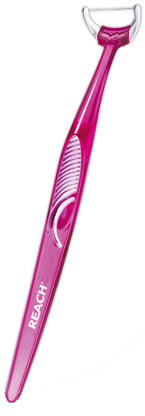Dogen says to brush and floss
 Bad breath around the zen center can be a real problem. As Dogen put it in the “Sen-men (washing the face)” fascicle of Shobogenzo:
Bad breath around the zen center can be a real problem. As Dogen put it in the “Sen-men (washing the face)” fascicle of Shobogenzo:
Monks and lay people throughout the country have terribly bad breath. When people speak from two or three feet away, the stench from their mouth is difficult to bear.
Yes, I know the feeling. Dogen’s solution was the willow twig, a kind of brushing and flossing device combined, traceable back to India. You take a twig about the size of your little finger, chew one end into fine fibers, then use that end to clean your teeth. Specifically, you rub the twig over the front and back of your teeth; wash and rinse; repeat; next polish and wash the base of the teeth, above the gums; then carefully scrape clean the gaps between the teeth; wash again; finally, scrape your tongue three times..
There’s a verse, of course, for before you start:
Holding the tooth cleaner in my hand / May I vow with sentient beings / To attain the right Dharma / and purity spontaneously.
And then one for when you’re done:
Using the tooth cleaner each morning / May I vow with sentient beings / To attain teeth strong enough / to gnaw away all passions.
Dogen was apparently entering a semi-obsessive/compulsive period of his life when he wrote this fascicle. Not only did he counsel disposing of the twig in a particular way after use, but after throwing it away, you were supposed to snap your fingers three times.
In any case, as usual Dogen was far ahead of his time. 750 years later in the west, we’re seeing an strong focus on oral hygiene and a number of new products. My favorite product is the Reach Access Daily Flosser (pictured). My dentist informs me that it may not be quite as effective as using old-fashioned floss you hold between your fingers, but it’s a lot easier to use. (I’ve seen a motorized product as well, but that seems like overkill.)
